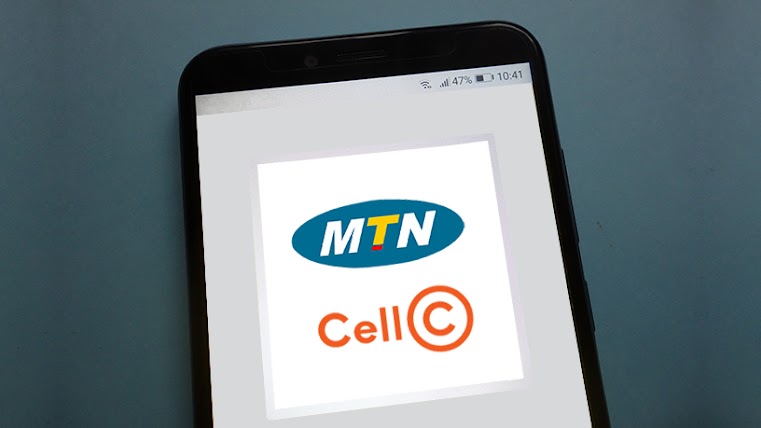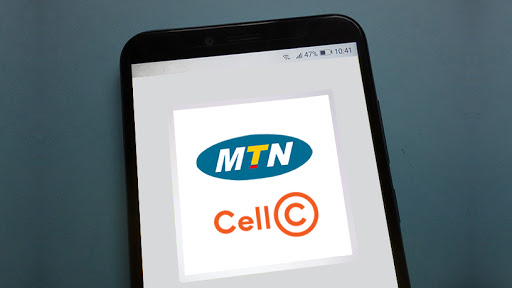MTN to capitalise on Cell C woes in MVNO move


MTN is looking to capitalise on Cell C’s inability to make significant investments in its own infrastructure by launching a mobile virtual network operator (MVNO) platform.
This is according to analysts, following yesterday’s announcement by MTN that it has entered the MVNO business, a space where Cell C has been playing over the years.
MTN said it expects MVNO subscribers across the country to double over the next five years, with several large players introducing offerings.
Several MVNOs, such as FNB Connect, Mr Price and Virgin Mobile, have been piggybacking on Cell C’s network over the years.
Commenting on MTN’s move, Arthur Goldstuck, MD of World Wide Worx, says MTN has been looking at the MVNO opportunity for several years, and the timing is probably right, given Cell C's financial difficulties.
“Because Cell C is unable to invest substantially in infrastructure, it has become a less attractive option for brands that want to pursue the MVNO route.”
In its financial results this month, Cell C said the MVNO portion continued to reflect solid growth and delivered an 18% increase to R398 million.
However, the company has been facing financial problems and in the results, it posted a net
loss after tax of R7.5 billion.Cell C has consistently under-performed, incurring R33 billion in losses over the years. Last year, the telco posted a R4.2 billion loss and in 2018 losses were R7.3 billion.
Recent media reports say Cell C is in the process of shutting down its network and will move entirely to the MTN infrastructure.
In November last year, Cell C and MTN announced an extended roaming agreement that helps Cell C to broaden its 4G network coverage nationally.
Wooing big customers
Goldstuck notes Cell C’s MVNO service includes major players like Virgin Mobile, FNB Connect, Mr Price Mobile, me&you mobile and Standard Bank Mobile, but these have not posed a challenge to the fully-fledged network operators.
“The limitation of Cell C's network has proven to be a barrier, and MTN may well attempt to woo its big customers,” says Goldstuck.
However, he points out this would represent a conflict of interest in terms of MTN hosting Cell C on its network via a roaming agreement.
“Ultimately, this could be a route to MTN buying out Cell C's MVNO interests, further assisting in its financial recovery, or as a way of cancelling debt. If well-executed, an MVNO strategy is a useful way of utilising infrastructure more effectively, as well as growing a subscriber base via a third-party. In effect, the MVNO becomes a reseller for the mobile network operator.”
Christopher Geerdts, director and senior telecoms consultant at BMIT, is of the view that MTN’s strength in national coverage and technology upgrades will make it highly attractive for MVNOs.
He notes MTN’s impact will depend on how attractive its pricing is and how easy partners find it to do business with the telco.
“For Cell C, the MVNO business is very important, whereas for MTN, this is a relatively small line of business compared to their current, multibillion-rand retail business, and their success will depend on the relative attention and focus it receives from management,” says Geerdts.
He adds there has been pressure from the Independent Communications Authority of South Africa and the Competition Commission for infrastructure-level sharing, combined with the incentive to comply with the upcoming high-demand spectrum auction invitation to apply.
“MTN is also planning ahead, since there is an international trend for new entities (including smaller operators, niche operators, rural operators and large enterprises) to gain access
to spectrum either exclusively or shared.“MTN would then be well-positioned to partner
with these entities and leverage their skills and infrastructure,” Geerdts says.He points out MVNOs with strong retail brands and a history of innovation are able to leverage these brands to build relatively small but successful businesses, particularly in the retail and financial markets.
However, he says a big constraint for new MVNO entrants is the wholesale price of data. “It is very important for potential MVNOs to be able to buy wholesale data at prices lower than the retail prices already in the market, and to build aggressive and innovative offerings for their customers.”
“5G is a game-changer in terms of the sheer scope and range of potential use-cases in future and MTN is no doubt building important strategic relationships ahead of rapid changes in the market.
“With a recent advancement known as ‘network slicing’, MTN can offer MVNOs network capability which is either tailored to Internet of things services, or basic broadband, or enterprise-grade connectivity. In future, they will also be able to offer partners ultra-reliable, ultra-fast services. Therefore, this step by MTN is just the first in a long journey going forward,” Geerdts says.
Infrastructure challenges
Thecla Mbongue, senior research analyst at Omdia, notes Cell C recently commented the company will move away from managing its own infrastructure.
“This move looks like MTN is taking a soon-to-come opportunity following Cell C’s announcements regarding managing their own network,” she says.
“MTN’s new role would be the one of an MVNO host, like Cell C has been so far. Over the year 2019, Cell C’s wholesale revenue, which includes MVNOs, grew by 12% to R981 million and the number of MVNO subscribers increased by 11% to two million.”
Mbongue adds that in SA, there are about a dozen MVNO networks piggybacking on Cell C’s wholesale network.
“Most of them have been successful because they have an initial core business (retail, bank, services to targeted communities) and use the MVNO channel as an enhancement of their service or as a value-added service to their core business.”




